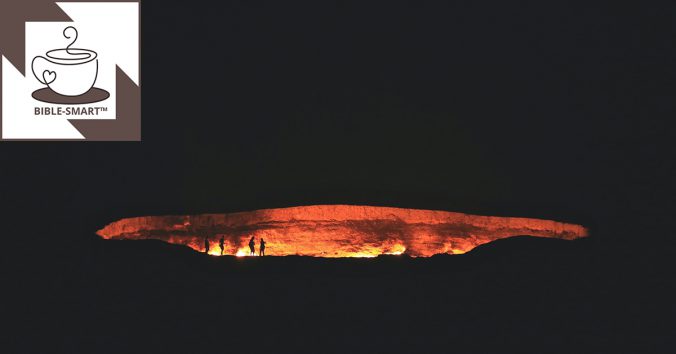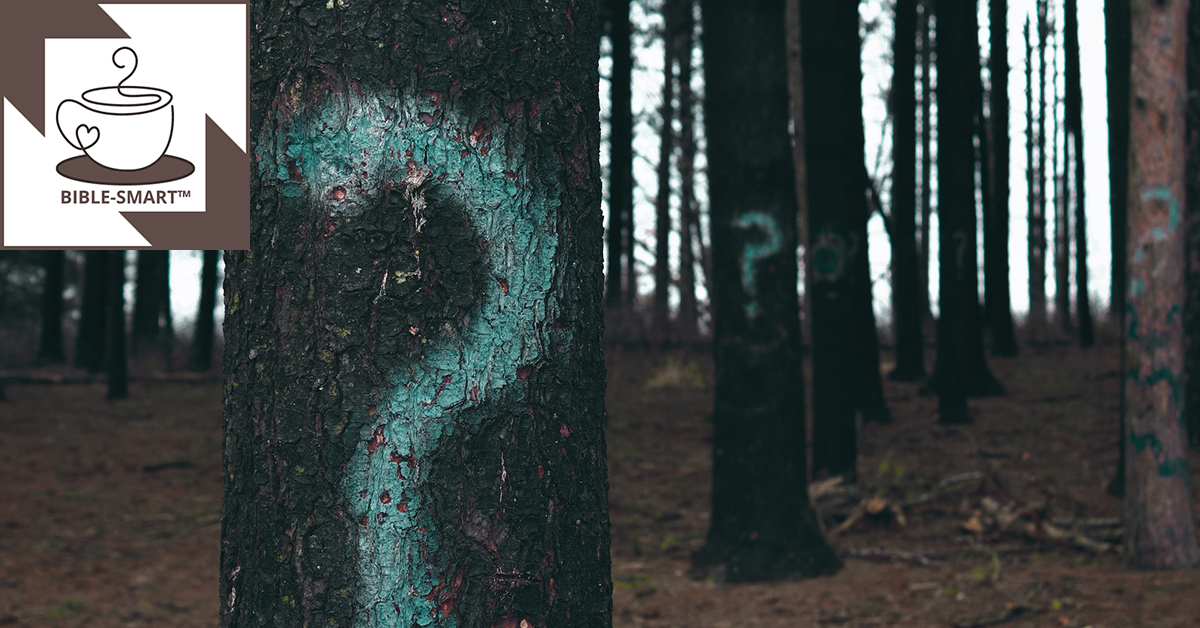Scripture: Matthew 25:14–30
Well, let’s see…
The Greek phrase translated as “outer darkness” in the nlt is skotos to exōteron. That phrase is exclusive to Matthew’s gospel and shows up three times: Matthew 8:12; 22:13; and 25:30. In every instance it’s a record of Jesus talking, and all three verses are references to hell. Interestingly, every time he says “outer darkness,” Jesus also pairs it with “weeping and gnashing of teeth.”
“Weeping” by itself obviously has multiple uses and applications in the New Testament, but when combined with the Greek brygmos tōn odontōn, “gnashing of teeth,” that phrase appears seven times in the New Testament, again always spoken by Jesus. Six of those appearances are in Matthew, as in: Matthew 8:12; 13:42, 50; 22:13; 24:51; and 25:30. The final occurrence is found in Luke 13:28. Again, in every usage, “weeping and gnashing of teeth” refers to an eternal hell, often combined with a description of fire in place of “outer darkness.”
Seeing the consistency with which this image of “weeping and gnashing of teeth” is used, it does make one think. We typically assume this is an allegorical, sensory/emotional view of hell. But since Christ described hell this way every time, we must wonder if he was perhaps, giving us a literal peek into that awful, painful place?
It’ll be best, I think, if we never have to find out.
CWSN 93; CWDN 1298, 1025, 609, 349, 1027
“Do ‘outer darkness’ and ‘weeping and gnashing of teeth’ always refer to hell, or are there other interpretations?” is reprinted from Bible-Smart: Matthew © 2023 Nappaland Communications Inc. Published Tyndale House Publishers/Rose Publishing. All rights reserved. Reprinted by permission.
Have a question about the Bible? Use the Ask link to submit your question for future consideration on Bible-Smart.com.
Looking for more? Check out these links:








